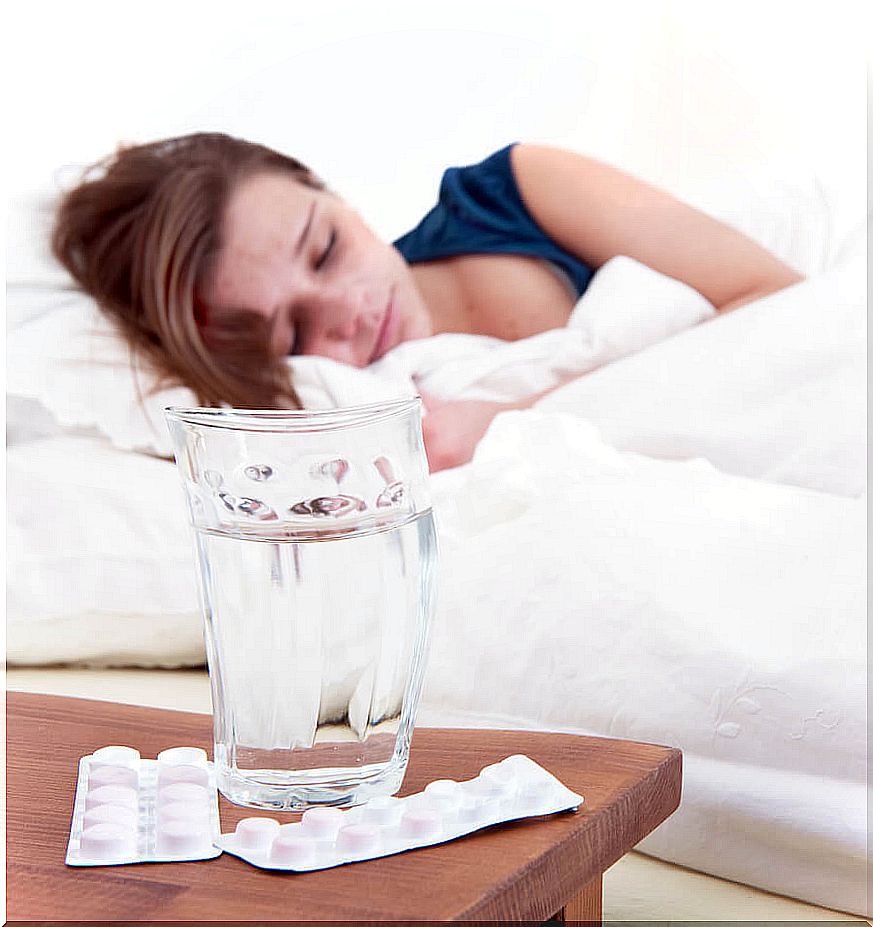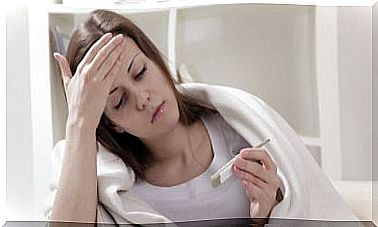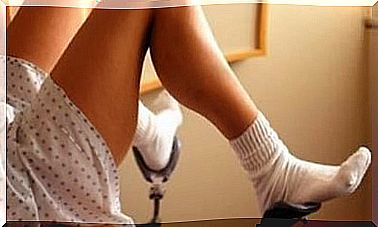Relationship Between Sleeping Pills And Hypertension
Sleeping pills have many side effects, mainly when they are taken frequently. One of the risks is to generate or increase hypertension and lead to premature death.

All the available data indicate that arterial hypertension increases in prevalence every year. If the disease is not treated properly, up to 50% of patients may die from coronary heart disease, 33% from stroke, and 10-15% from kidney failure. Additionally, there appears to be a relationship between sleeping pills and hypertension.
These figures give us an idea of how disturbing the presence of this disease is. In turn, several studies have managed to detect a relationship between hypertension and sleep problems. More and more hypertensive people report difficulties sleeping.
This has led many people with hypertension to take sleeping pills on a relatively recurring basis. Likewise, there are indications that non-hypertensive people can develop the disease if they take sleeping pills regularly. All this should put us on alert against the use of these drugs.
Effects of sleeping pills

Sleeping pills are one of the most widely used medications today. Faced with this phenomenon, the World Health Organization (WHO) has warned about the adverse effects that this type of medication can have, especially when used continuously.
WHO indicated that those who take sleeping pills, especially benzodiazepines , have a higher risk of premature death. Those who take up to 18 doses a year, increase the risk of early death by 3.5 times. If you increase the dose, you also increase the risk.
The WHO also indicated that the use of sleeping pills affects the increase in blood pressure. That is why he advised that those who take this type of medication have a regular check-up with their doctor to monitor their blood pressure levels.
On the other hand, they also pointed out that habitual users of sleeping pills have an eight times greater risk of presenting cardiovascular events. In fact, one of the side effects of heart failure is difficulty sleeping.
Trouble sleeping is an indication of hypertension
In China, another study was carried out in which they concluded that sleep problems are often an indication of hypertension. In particular, insomnia is often associated with high blood pressure levels.
The study was conducted at Sichuan University (China) in association with Penn State University School of Medicine (USA). In total, 300 adults were examined, including 200 who had suffered from chronic insomnia for 6 months.
After several tests, the research concluded that those who had more problems sleeping also had a marked predisposition to be hypertensive. Those who took more than 14 minutes to fall asleep were the most predisposed to developing hypertension.
Sleep and hypertension

The Institute for Fundamental Brain Research in Cuba carried out research on sleep problems in people with hypertension. The research was carried out in 2007 and was carried out on the basis of a group of 206 hypertensive patients.
The results established that 81.07% of hypertensive patients had trouble sleeping. Only 18.9% slept without difficulty. Insomnia and snoring were the main difficulties reported, both with a 57.7% prevalence.
Likewise, 39.9% indicated that they suffered from sleep apnea and 21.8% from excessive sleep (hypersomnia). Those who reported napping during the day showed more stable blood pressure levels. In this group, 108 patients reported taking sleeping pills.
Risks and precautions of sleeping pills
All this research suggests that there is a close relationship between sleep patterns and hypertension. In short: insomnia is a risk factor for developing this disease. This means that these people are also the ones who most often turn to sleeping pills.
These pills, especially benzodiazepines, also affect the level of blood pressure. So, on the one hand, they constitute an answer to the problem of insomnia; but, on the other hand, they become an additional risk factor for developing or increasing hypertension.
Thus, the use of sleeping pills is not advisable except in exceptional cases and for a very short time. The best thing is to go to alternative methods such as meditation, sleep and relaxation therapies or psychotherapy.









